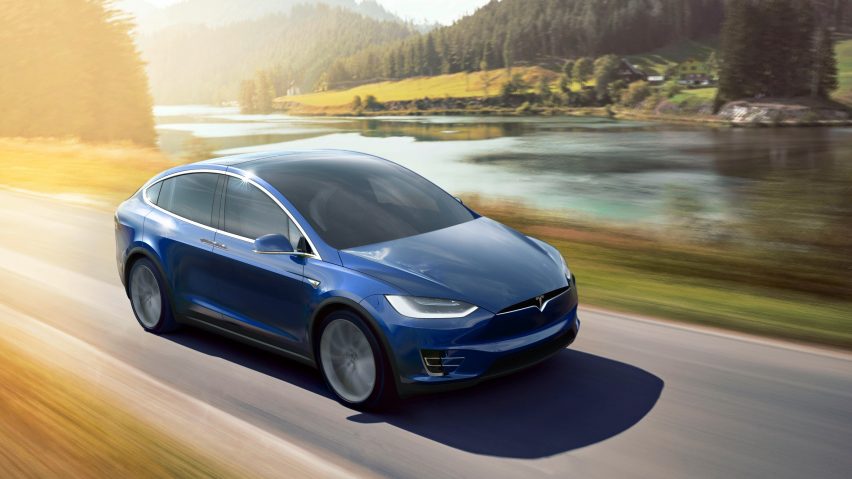
Apple engineer killed in Tesla car operating in driverless mode
Electric car company Tesla has confirmed that a recent fatal crash involving one of its vehicles occurred while the car was in autopilot mode.
Tesla released a blog post last week to provide more details about the accident on 23 March 2018, which took place in Mountain View, California, and killed the car's driver – Apple software engineer Wei Huang, 38.
The statement said that the Model X sports utility vehicle's autopilot function was engaged, and its adaptive cruise control follow-distance was set to minimum.
Driver failed to take control
It also suggested that the driver was given ample warning to override the function before the collision, but failed to take action.
"The driver had received several visual and one audible hands-on warning earlier in the drive and the driver's hands were not detected on the wheel for six seconds prior to the collision," said the statement.
"The driver had about five seconds and 150 metres of unobstructed view of the concrete divider with the crushed crash attenuator, but the vehicle logs show that no action was taken."
Tesla also placed some of the blame on the road infrastructure, which had not been repaired since an earlier incident.
"The reason this crash was so severe is because the crash attenuator, a highway safety barrier which is designed to reduce the impact into a concrete lane divider, had been crushed in a prior accident without being replaced," it said. "We have never seen this level of damage to a Model X in any other crash."
Autopilot still safer says Tesla
The company assured that its autopilot function makes accidents less likely, not more, but requires drivers to remain vigilant and keep hands on the wheel to help avoid potential collisions.
The company's founder, billionaire entrepreneur Elon Musk, called the Model X the "safest SUV ever" when it launched in 2015. A US government study found that the autopilot function reduces accidents by 40 per cent, initiated after the first death from a crash that occurred while using the autopilot function in July 2016.
"The consequences of the public not using autopilot, because of an inaccurate belief that it is less safe, would be extremely severe," Tesla's statement said. "There are about 1.25 million automotive deaths worldwide. If the current safety level of a Tesla vehicle were to be applied, it would mean about 900,000 lives saved per year."
"We expect the safety level of autonomous cars to be 10 times safer than non-autonomous cars," the statement added, ending with condolences to the victim's family and friends.
The news comes at a troubling time for Tesla. Musk has reportedly taken over the management of its Model 3 electric car production after failing to meet first-quarter targets.
It has also been a bad period for autonomous cars. Last month, an Uber taxi killed a woman in the first fatal accident between a pedestrian and a self-driving car, while a crash involving a Tesla Model S that may have been in autopilot mode in January 2018 is currently under investigation.